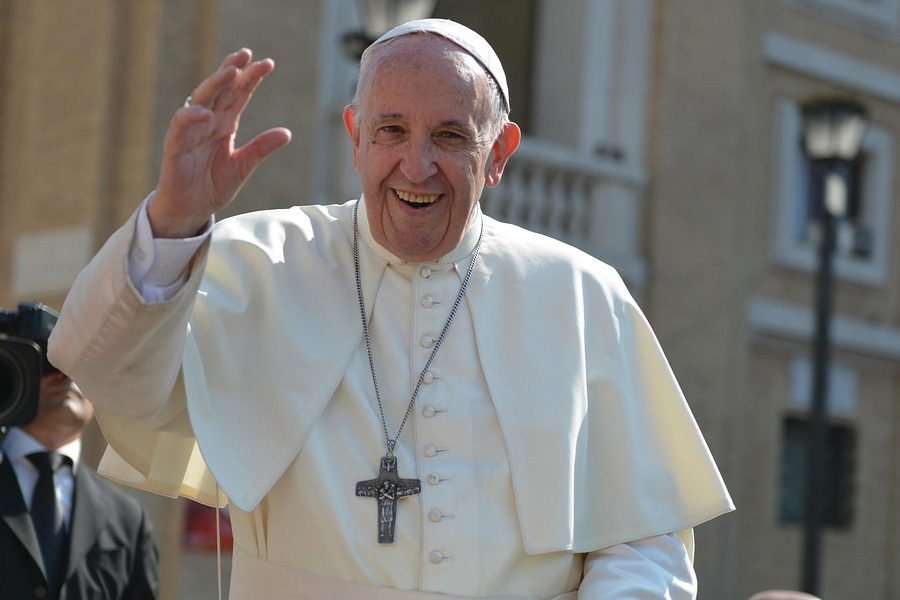If you want a place at the table for an important event, you often have to work at it. Time and again we’ve seen people wait in line for days for the privilege of buying a new iPhone on the day of its release. Sometimes showing up early isn’t enough. Periodically we hear of some event that is so prestigious that rich and famous people fall all over one another trying to secure an invitation – maybe to Brangelina’s wedding or Kate Middleton’s baby shower.
Of course, the most precious invitation imaginable is to the feast of rich food and choice wines described in our Scripture readings today — the wedding banquet of God’s own Son. And we don’t need to stand in line, parade our wealth, or call in favors to get invited. We have our invitations. We carry them around with us, engraved not on hundred weight linen card stock, but in our hearts.
Remarkably, this most precious of invitations, is often spurned. Our Gospel tells us that many people altogether ignore God’s offer of hospitality. Others send regrets, explaining that urgent business will keep them away. Their error of judgment has tragic consequences. We will want to avoid making the same mistake.
Have we room in our social calendar for God? Or do we put the invitation aside, while we attend to what seem to be more pressing concerns — our career, or our relationships. Perhaps we pray, with the young Augustine, “Lord, make me holy — but not yet.” That’s a dangerous game. Christ lays before us a choice of death or eternal life, and implores us to choose life. We must decide now. What will our decision be?
Yes, we have our invitation to the banquet, but the fact shouldn’t make us proud. We haven’t earned it. It isn’t a symbol of lofty status in the Kingdom of God. Our Gospel assures us that there is a place in the wedding hall for everyone — bad as well as good. Jesus came for sinners, not the righteous. God’s offer of salvation goes out to everyone. And it’s lucky for us that it does.
One aspect of our Gospel is particularly disturbing. What about the guest who is seized by the king’s attendants and thrown out into the street, for not wearing the proper garment for a wedding feast? What accounts for such harsh treatment? Let’s look at that part of the story more closely. The king catches sight of a man not appropriately dressed for a wedding feast. He says to the fellow, “My friend, how is it that you came here not properly dressed?” The man has nothing to say for himself, and is tossed out.
What are we meant to learn from this incident? Remember, Christ’s offer of salvation goes out to everyone — just and unjust alike. It’s our response to the offer that makes all the difference. It’s the same in the story. The king’s question is gentle enough. He calls the man, “my friend.” The problem arises with the fellow’s answer, or rather his lack of one. He has nothing to say for himself.
What do we have to say for ourselves when God asks us to give an account of our lives — of the way we’ve used and misused the gifts we’ve been given — of the way we often seem to have misplaced the white garment we were given in baptism? I hope each of us is able to muster the integrity to say, “I’m sorry.”
Christ doesn’t stand aloof from us because we have sinned. His love is unconditional. He asks only that we return it. He offers us forgiveness. We need only embrace it. Then God’s love and forgiveness will transform our lives, and be our wedding garment. That’s what’s at stake, as we consider how to respond to Christ’s invitation to join him at the banquet table. What will we decide? Let’s let our Eucharist today be our answer.
Rev. Charles B. Gordon, C.S.C., is co-director of the Garaventa Center for Catholic Intellectual Life and American Culture at the University of Portland. He writes and records a regular blog called “Fractio Verbi.”





